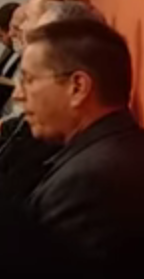
Continue reading O’Farrell Staff Members Rodriguez and Halden Had “Concerns” About Now-Defunct Plan to Fund Extended BID Patrol Hours, A/I VP Bill Farrar Also Lobbied Deputy Chief Girmala for Support for Plan


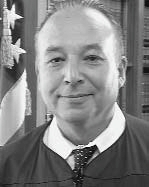

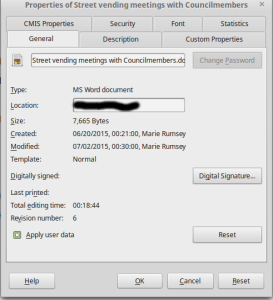
 A lawsuit filed today in Federal Court on behalf of the Los Angeles Community Action Network, LA Catholic Worker, and four homeless plaintiffs charges the City of Los Angeles along with LAPD officers Andrew Mathes, Sgt. Hamer, and Sgt. Richter2 of endangering the lives of the plaintiffs by wrongfully arresting them and by wrongfully confiscating and destroying their property, including medicine, blankets, tents, and other items necessary to the support of life. The plaintiffs’ attorneys are Carol Sobel and associates, Fernando Gaytan and Shayla Myers of the Legal Aid Foundation of Los Angeles, and Paul Hoffman and Catherine Sweetser. The inimitable Gale Holland has an excellent write-up in the Times but, as usual, it doesn’t include a link to the actual court filings, which is where I can help. The suit isn’t particularly on our BID-beat, but I’m going to get all the filings anyway, so I might as well make them available here. There are some excerpts after the break.
A lawsuit filed today in Federal Court on behalf of the Los Angeles Community Action Network, LA Catholic Worker, and four homeless plaintiffs charges the City of Los Angeles along with LAPD officers Andrew Mathes, Sgt. Hamer, and Sgt. Richter2 of endangering the lives of the plaintiffs by wrongfully arresting them and by wrongfully confiscating and destroying their property, including medicine, blankets, tents, and other items necessary to the support of life. The plaintiffs’ attorneys are Carol Sobel and associates, Fernando Gaytan and Shayla Myers of the Legal Aid Foundation of Los Angeles, and Paul Hoffman and Catherine Sweetser. The inimitable Gale Holland has an excellent write-up in the Times but, as usual, it doesn’t include a link to the actual court filings, which is where I can help. The suit isn’t particularly on our BID-beat, but I’m going to get all the filings anyway, so I might as well make them available here. There are some excerpts after the break.
Continue reading Federal Lawsuit Filed Today by LA Community Action Network, LA Catholic Worker, Four Homeless Plaintiffs, Against City of LA and Three Named LAPD Officers Over Property Confiscations, Wrongful Arrests, Endangerment of Life
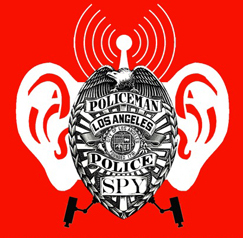 Plaintiff Stop LAPD Spying Coalition and respondent City of Los Angeles agreed in a stipulation filed with LA County Superior Court on March 3, 2016, to continue the trial setting conference, originally scheduled for March 7, 2016, until April 7, 2016. The reasons given in the order (with attendant whereases) include:
Plaintiff Stop LAPD Spying Coalition and respondent City of Los Angeles agreed in a stipulation filed with LA County Superior Court on March 3, 2016, to continue the trial setting conference, originally scheduled for March 7, 2016, until April 7, 2016. The reasons given in the order (with attendant whereases) include:
WHEREAS, after filing of the complaint, the Respondent has produced two sets of responsive documents to Petitioners and continues to search for responsive documents;
WHEREAS, the parties are engaged in ongoing informal discussions about further production…
It’s my impression that if filing a suit encourages the respondent to cough up the goodies then they’re still on the hook for the court costs and attorney’s fees. So it’s fitting and proper that the City is producing documents and talking to the plaintiffs, but they would have saved everyone a lot of time and trouble but just following the law in the first place.
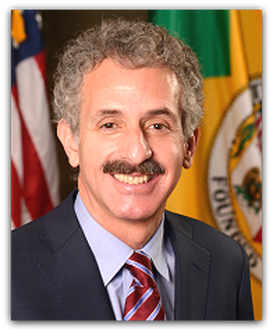
This is an astonishingly low rate if one thinks that the purpose of arresting people is to stop them from breaking the law, and it’s harmful both to the people arrested and to society at large. The incomparable Alexandra Napatoff, writing about misdemeanor convictions (although her argument is as strong regarding the arrests themselves, and even more so if the conviction rate is so very low), puts it like this;
Because the misdemeanor world is so large, its cultural disregard for evidence and innocence has pervasive ripple effects, not the least of which is the cynical lesson in civics that it teaches millions of Americans every year. In these ways, the misdemeanor process has become an influential gateway, sweeping up innocent as well as guilty on a massive scale and fundamentally shaping not only the ways we produce criminal convictions but also who is likely to sustain them.
Continue reading BID Patrol Prosecution/Arrest Ratio Very Low as Shown by Top Arrestees 2007-2013: From 44 Frequently Arrested People with 1144 Arrests, 407 Brought to City Attorney, Only 185 Actually Prosecuted
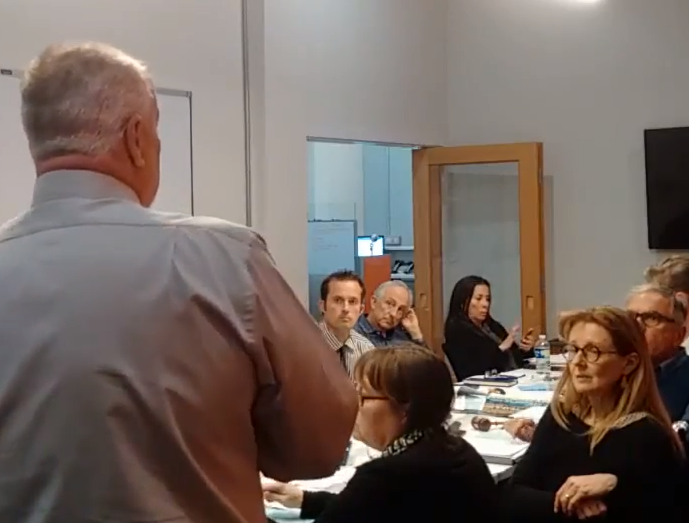
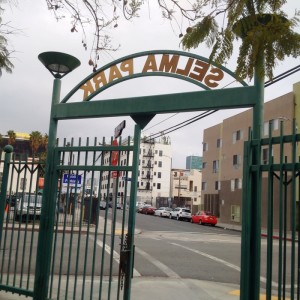
As I went walking I saw a sign there
And on the sign it said “No Trespassing.”
But on the other side it didn’t say nothing,
That side was made for you and me.
1345/1355
EXTRA PATROL: 6765 SELMA AVE; SELMA PARK. CHECKED LOCATION FOR VIOLATORS OF NEW SIGNS POSTED PROHIBITING ADULTS WITHOUT CHILDREN AT PARK. NOTE 3 (H) MALES IN PARK IN VIOLATION AND ADVISED RE: NEW POSTED SIGNS. SUSPECTS DEPARTED WITHOUT INCIDENT.
Interestingly, this was foreshadowed as early as September, 2007. For instance, we find in the Footbeat 4 log for September 27, 2007 that OFFICERS CONTACTED SEVERAL HOMELESS RE: ISSUES IN THE PARK AND SURROUNDING AREA. WE ADVISED THE SUBJECTS RE: THE POSSIBILITY OF THE PARK BEING FOR CHILDREN ONLY. (END 1830 HOURS).
But the really unexpected fact I found in this material is that before the signs went up the BID Patrol actually encouraged homeless people to sleep in the park rather than on the sidewalk, where they were subject to arrest for violating LAMC 41.18(d). Now, this would certainly make sense in a sane world, since it was (and is) legal to sleep in the park, but not on the sidewalk. However, given the bitching and moaning that the BID put up about park-sleeping and the illegal lengths they went to to get the park declared off-limits to humans, I can’t help but suspect some kind of narrative-creating subterfuge here. It seems quite shady to intentionally fill the park up with homeless sleepers and then use the large numbers of homeless sleepers as a reason to get the park closed against them. It’s just another example of zillionaire ethics, I guess. See after the break for the evidence.
Continue reading In 2007 the BID Patrol Steered Homeless Sidewalk Sleepers to Selma Park to Avoid Arrest Until December 19 When the Signs Were Up
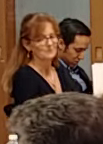
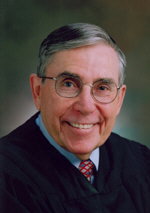
Read on for what it said:
Continue reading February 5, 2003: The Very First Known Public Records Act Ever Received by the HPOA and Kerry Morrison was Already Offended